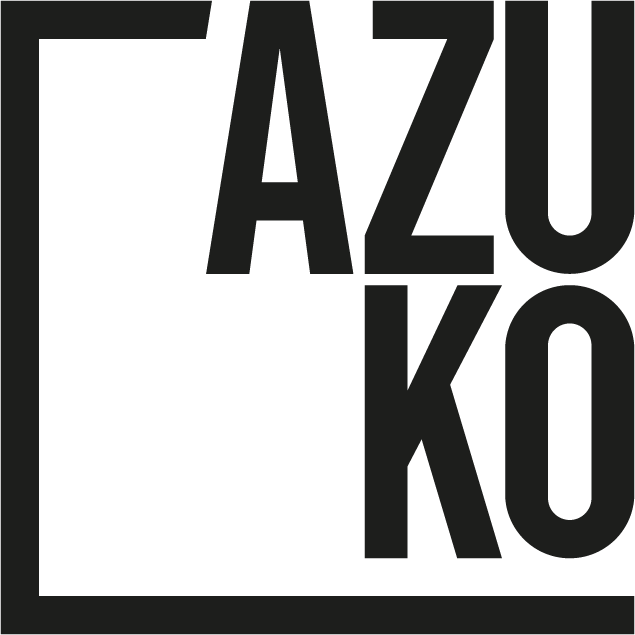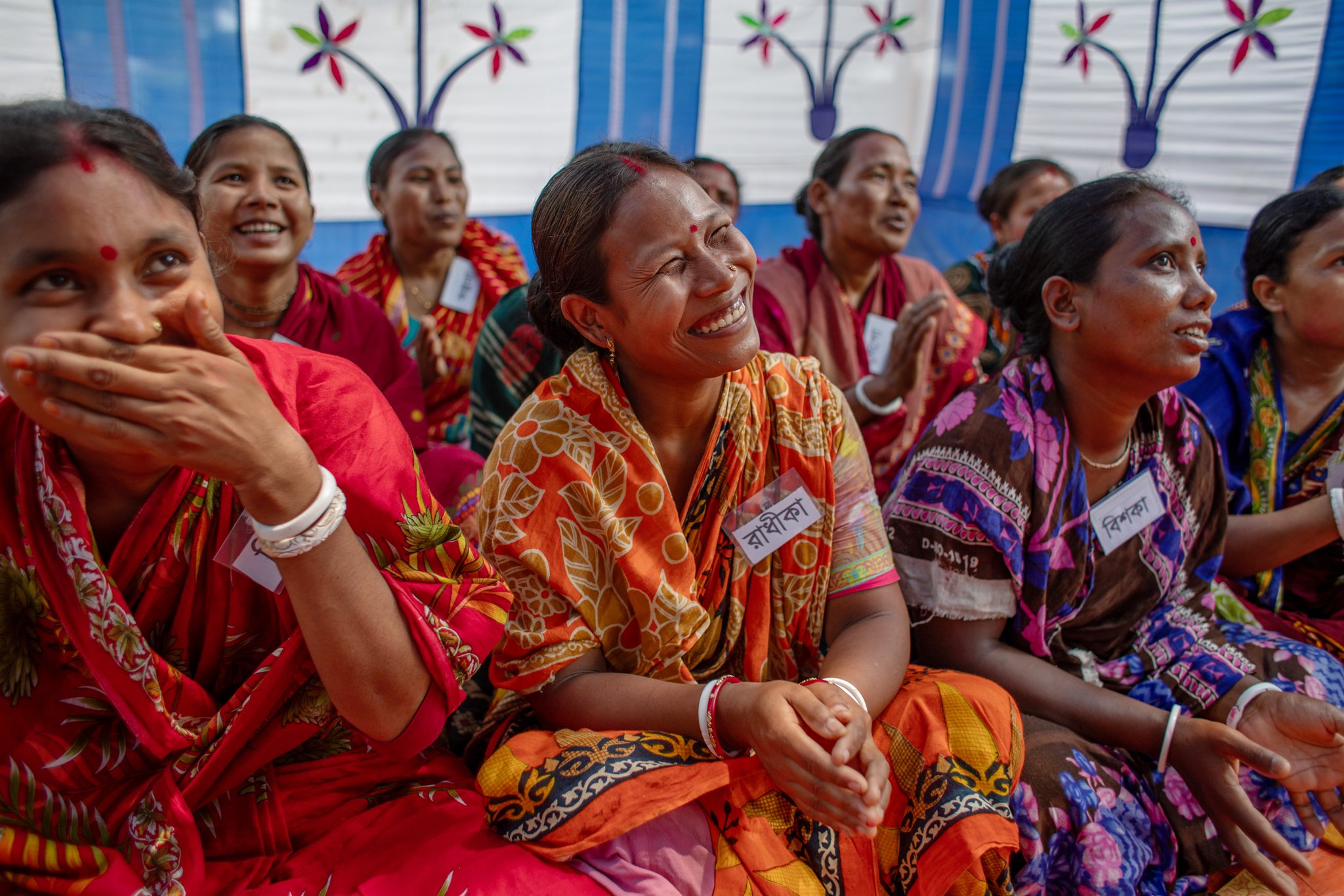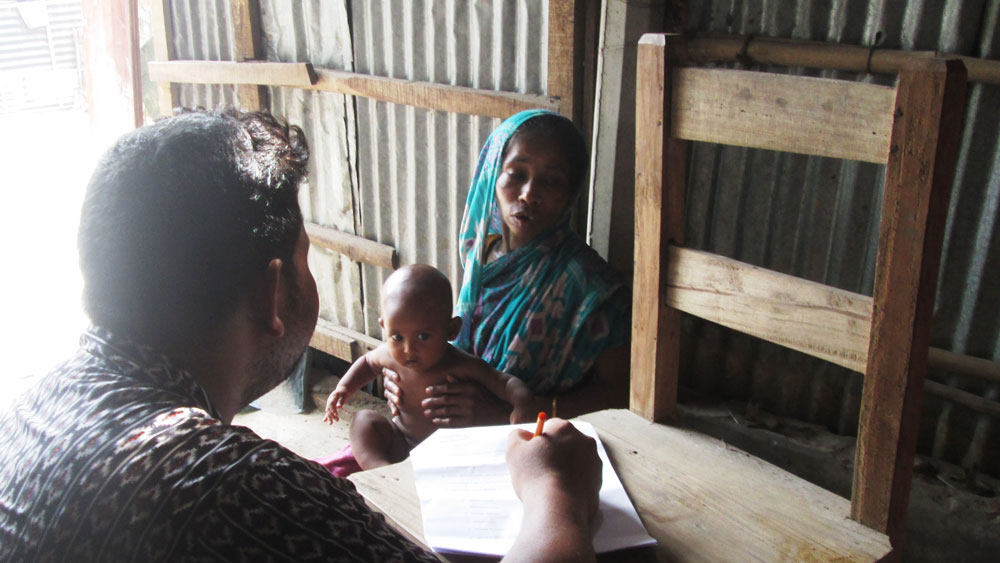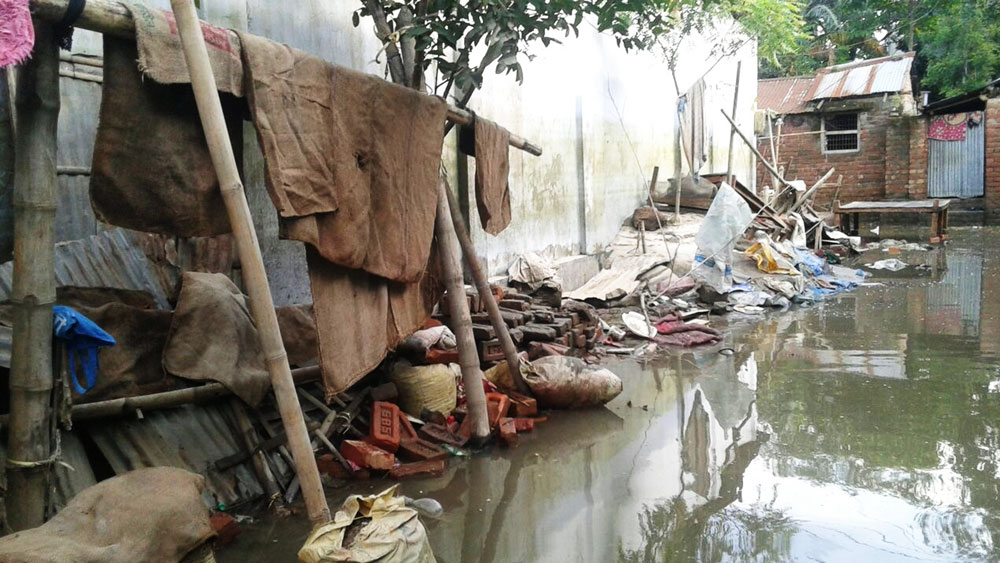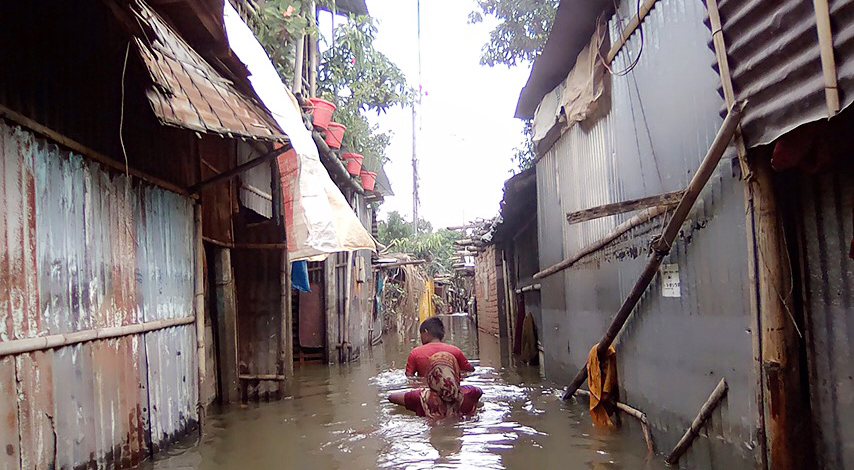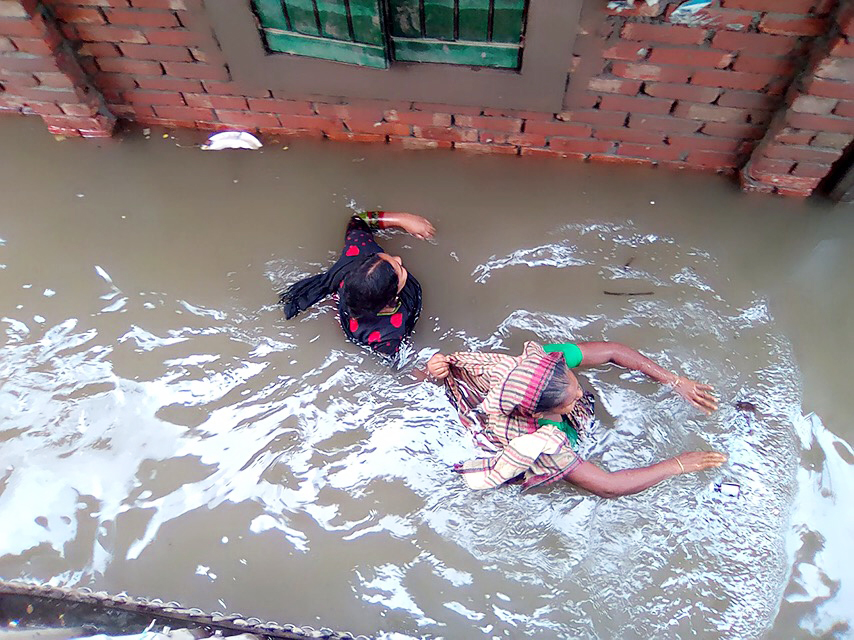From the outset of the flood, our local partners responded to what the IFRC called "one of the most serious humanitarian crises this region has seen in many years". You are almost certainly thinking of the tragic flooding that took place in Houston, which was widely featured on mainstream media.
The flood we were responding to however, dominated the Indian subcontinent for nearly a week, even before the rain in Texas began - a flood that has affected more than 41 million people across Bangladesh, India and Nepal. An area roughly the size of the UK was underwater.
“Monsoon floods have affected millions in south Asia. But the world is still ignoring disasters that are happening more often and becoming more severe.”
In a moment of respite our Project Manager from SAFE, Apu Roy, was able to interview residents of Jogen Babu Maath slum in northwest Bangladesh about their experience during the disaster. One man recalled the shock and speed of the rising floodwaters,
“... we did not have time to bring our clothes outside. When we saw how fast the water was coming into the rooms we started to pack our emergency stuff... during this time our JBM committee was helping people out. They tried to go to every house to ask if anyone needed help. They helped bring the children, the old and disabled people.
I saw the water coming to my house very fast and making very big sounds. After a few minutes, the water was about 6ft high. Then I heard people starting to cry...”
Such events are intimately linked with climate change. These 'Black Swans' not only cause intense suffering and loss, but the long-term implications are felt far beyond. In Bangladesh, there is concern about food shortages and spread of disease in the coming months, as well as severe knock-on effects to the rice harvest and livelihoods over the coming year.
One woman we spoke with said she had never experienced anything like it,
“... it took me more than 25 years to make my family self-dependent, but everything is gone and now I’m thinking how we can recover.”
Another resident talked of the conditions in JBM, the aftermath and growing concerns,
“In JBM, there are more than 7,000 people and now they are homeless... they are on the road, watching the destruction of the flood.
The water rose very high - at the danger line... they don’t have any place to live, no food, no clothes and no drinking water. I gave them some money - what I had at the time. I tried to communicate with the local primary school and the local high school for the victims to stay.”
In the face of such adversity we appreciate the heroism, resiliency and care shown by our team on the ground, and the community committee in JBM. Our collective response, thus far, has led to the decontamination of 47 tubewells, the repair and opening of our recently completed WASH facility, and disinfection of people's homes and belongings.
With your help, we've been able to act swiftly and effectively to ensure access to clean drinking water and sanitation, as well as reduce the potential spread of disease - thank you.
We know there is still much work to be done. Upcoming challenges include drainage, house repairs / rebuilding and road surfacing.
If you would like to contribute to the further recovery of JBM, please donate here.
Author: N. Ardaiz
